Bold £100 Billion Initiative to Ignite Britain’s Tech Landscape
Stan Boland has accomplished what few entrepreneurs in the UK tech scene have done: establishing and successfully exiting four companies collectively valued over $1.2 billion, benefiting both his investors and workforce.
One notable venture, Element 14 — named after silicon’s atomic number — began with a modest idea worth $1 million. Boland secured $13 million in venture capital, notably from West Coast firm Bessemer Venture Partners, and sold the company just 13 months later to US semiconductor leader Broadcom for a staggering $640 million.
Investors realized a remarkable 32-fold return, while every Element 14 employee had a stake; Boland shared, “The smallest payout was $250,000, which went to a part-time secretary.”
To amass that impressive $1.2 billion, he successfully persuaded investors to provide $330 million across four ventures—Element 14, Icera (sold to Nvidia in 2011), Neul (acquired by Huawei in 2014), and Five AI (purchased by Bosch in 2022). Throughout this journey, he nurtured relationships with key figures including Jensen Huang of Nvidia and Henry Nicholas of Broadcom.
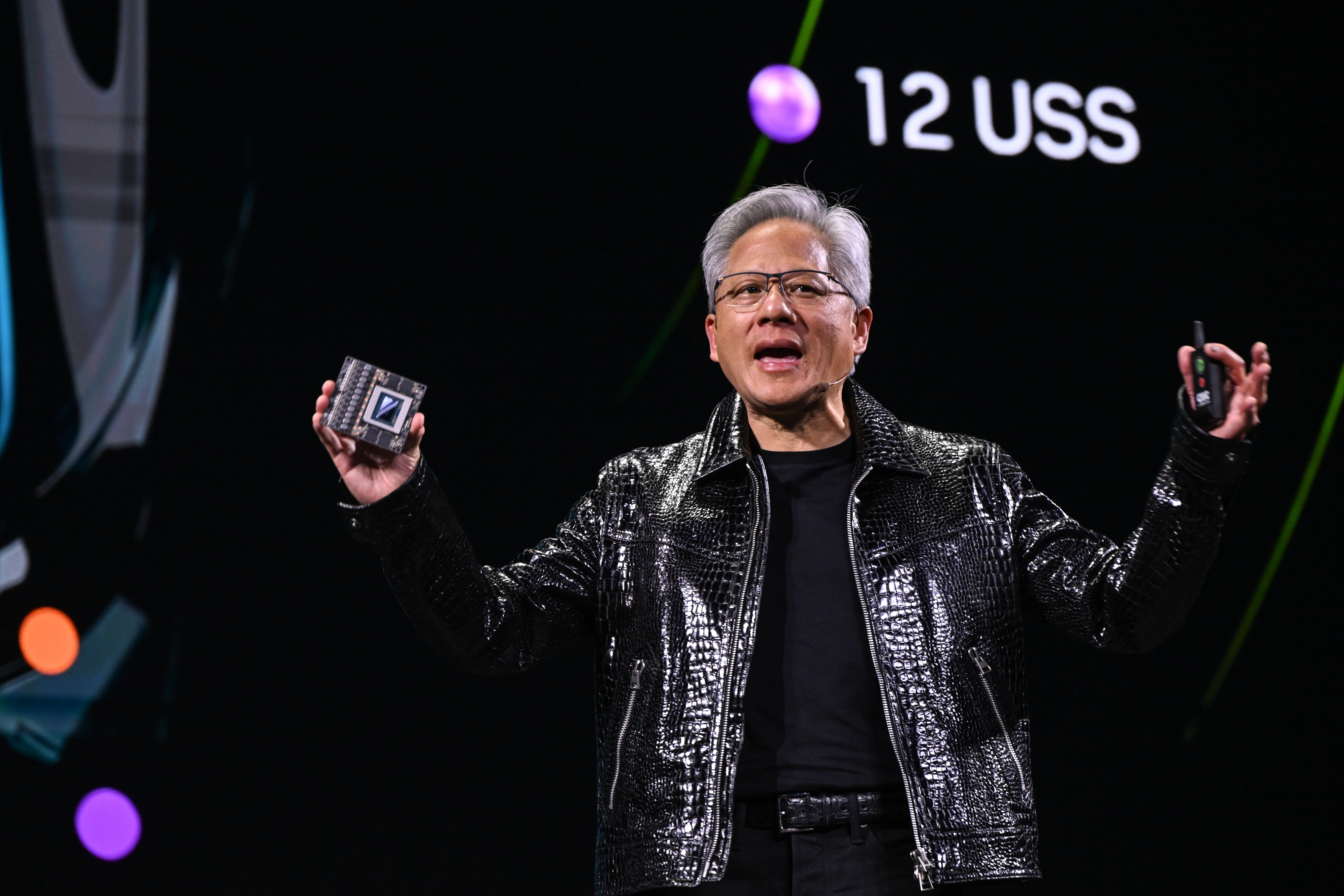
Although his ventures have roots in cities like Cambridge, Bristol, and London, Boland often references figures in dollars, reflecting his extensive travels during the early 2000s. “Nothing beats face-to-face meetings,” he stated. “I once made 26 trips to the States in a year. It was intense, but the energy invested always pays off.”
Visible in Boland’s office are trophies—commemorations of lucrative deals he orchestrated, presented to him as tokens of appreciation from investment bankers.
Recently, the backdrop of tech financing is shifting. The $5.3 billion acquisition of UK cybersecurity firm Darktrace by Thoma Bravo last October is evidence that larger transactions draw substantial attention.
Yet, cultivating significant tech companies in the UK is increasingly challenging amidst a landscape where better-financed startups dominate, and innovative technologies often get acquired by foreign firms prematurely.
In response, Boland, now 65, proposes a transformative solution: he advocates for reducing public spending on R&D tax credits by half. Last year, this amounted to around £7.5 billion. Reallocating £3 billion to £4 billion via the British Business Bank would enable targeted funding toward venture capital firms, which could then channel investments into promising tech startups. This strategy aims to encourage the matching of public funds with private investments, resulting in larger financial support for emerging tech companies.
Boland projects that this initiative could generate an additional $100 billion in tech investments over ten years, enhancing Britain’s tech ecosystem. “A £100 billion infusion into technology would significantly impact the sector,” he asserted.
This proposal emphasizes a shift from passive investments—like blanket R&D credits—to proactive engagement in ventures backed by rigorous assessments from external investors. The Confederation of British Industry (CBI) highlights a £15 billion annual funding gap for tech companies at the precipice of commercial success, signaling a vital need for strategic investment.
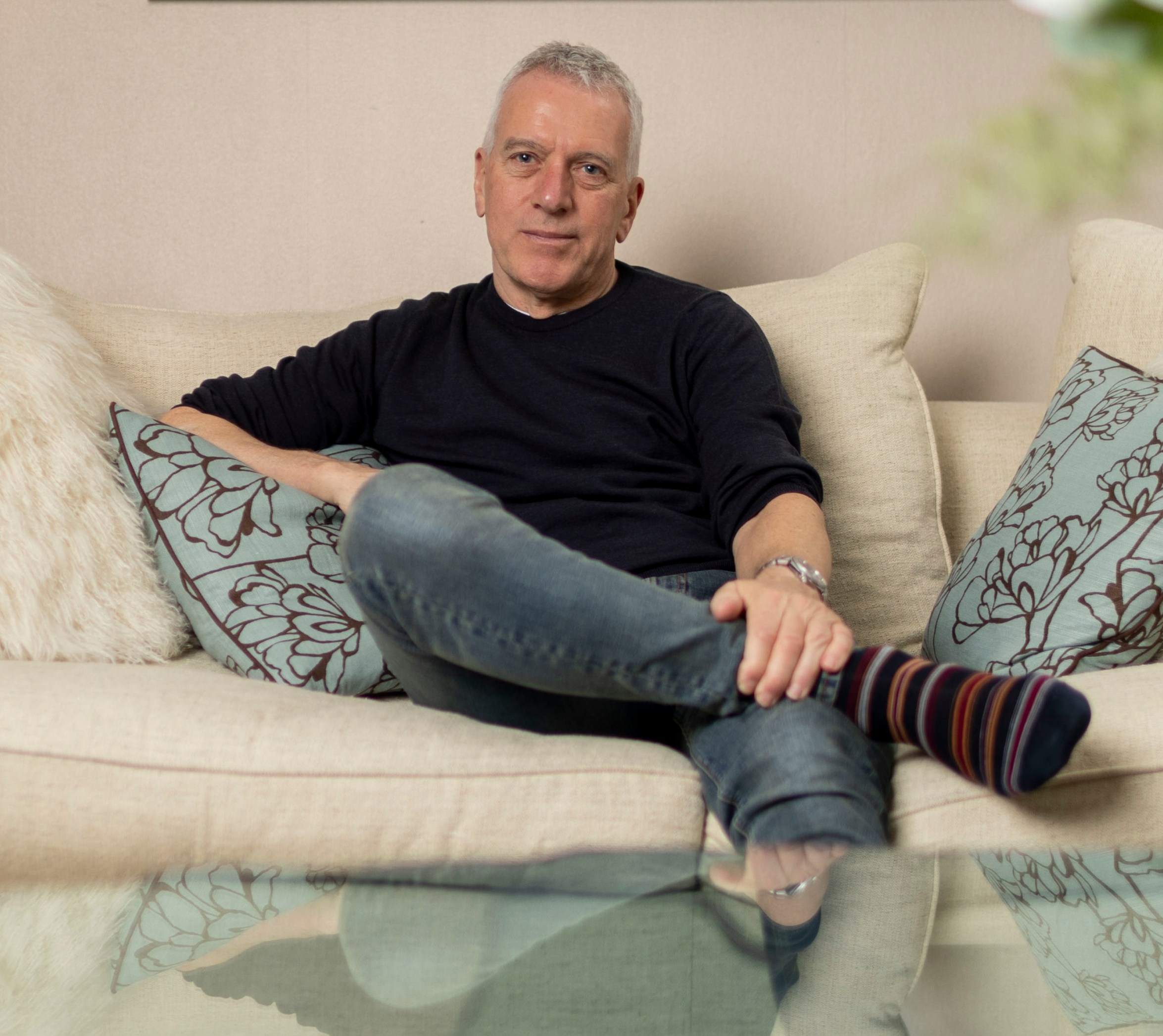
“We cultivate numerous startups but frequently end up selling them prematurely,” Boland noted. “It’s a pattern I recognize from my own experiences. The resolution lies in equipping professional investors with better incentives to make decisive investment choices.”
He added, “Much of the funding available in Europe is too passive and disconnected from the real quality of business prospects. Government-funded R&D tax credits exemplify this issue. While they are valuable for individual CEOs, from a national perspective, we must reevaluate if this is the best allocation of limited resources.”
In his two decades in the field, Boland has observed a concerning trend: the tech market now operates on a “winner takes all” model. While UK venture capital funds may provide £30 million, their US counterparts often invest £150 million. “The results favor one winner, and unfortunately, that’s rarely us,” he lamented.
In theory, Boland argues that there’s no reason Britain cannot generate global tech leaders, with abundant research resources, mobile talent, and a willingness from corporate customers to invest in top innovations. “The foundational assets are present,” he claims. “However, we need to be aligning our resources and talent toward the development of globally competitive companies. Funding is vital to this equation, as is robust mentoring and strategic business planning.”
Recent discussions among UK policymakers about increasing pension fund commitments to emerging private equity are promising, yet this is contingent on having a sufficient number of investable companies available. “We seem to be putting the cart before the horse,” he critiqued. “Creating investable companies should be the priority.”
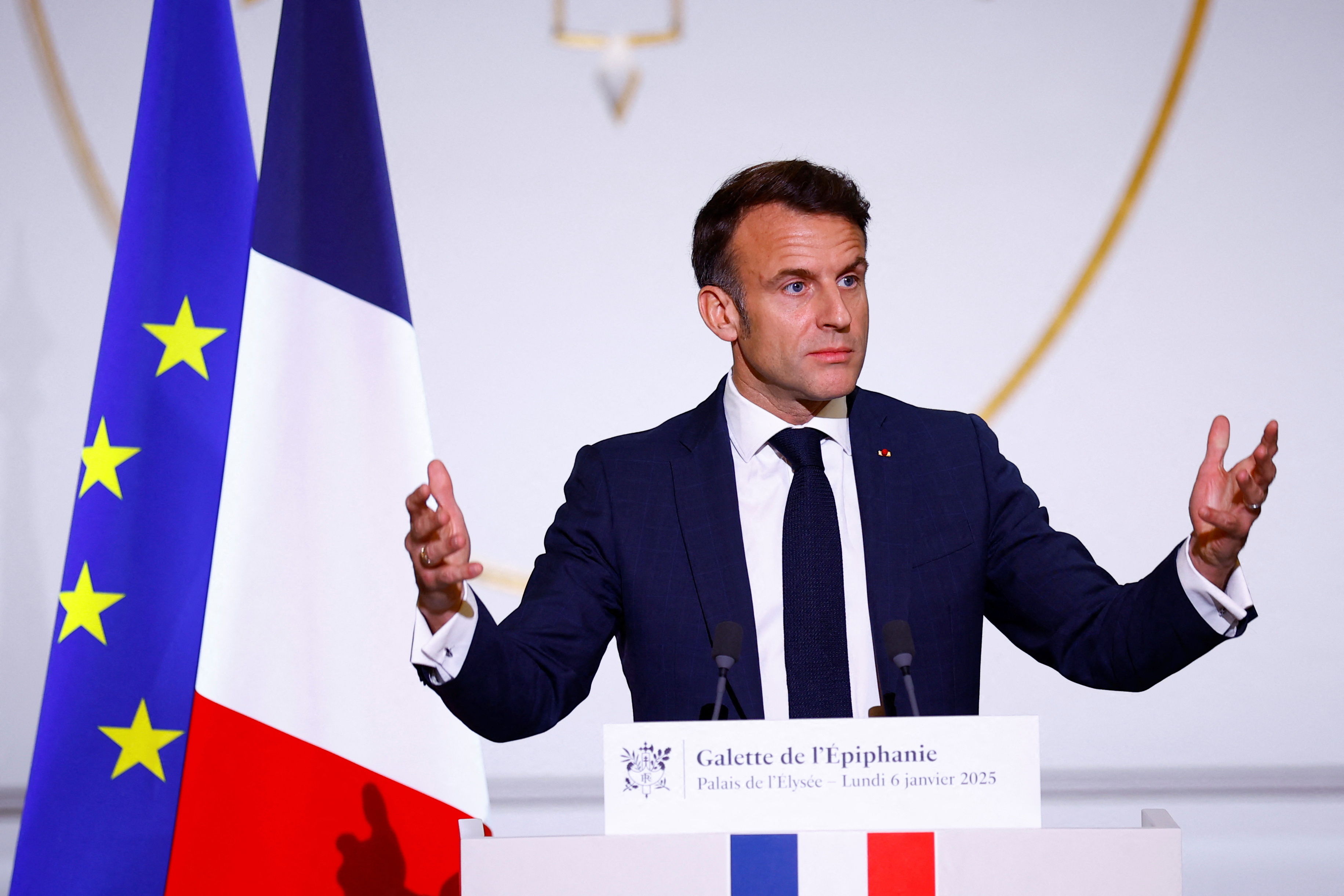
Boland underscores the need for Britain to elevate its competitive stance in the global arena.
Echoing Boland’s sentiments, French President Emmanuel Macron expressed similar concerns among European leaders, stating that the world consists of predators and prey. “If we choose to remain passive, the aggressive markets will prevail,” he warned. Boland describes the current UK tech culture as “too meek,” adding, “We often find ourselves supporting smal and medium-sized enterprises that lack the potential to become leaders, thereby monopolizing our talent and resources. We need a strategic overhaul.”
Despite the challenges, Boland remains optimistic about potential advancements. Some tech companies, like Cambridge-based Wayve, which is developing AI technology for autonomous vehicles, have attracted major investments, raising $1.05 billion recently—marking a significant milestone for European AI investments. Another Cambridge firm, Pragmatic Semiconductors, raised £182 million predominantly from UK investors, allowing for expansion into more chip production lines, each with the capability to manufacture billions of chips. Boland concluded, “I genuinely believe the UK is ideally positioned to foster a supportive culture for tech and business growth.”
Explore further insights into Britain’s tech landscape through in-depth interviews and profiles.
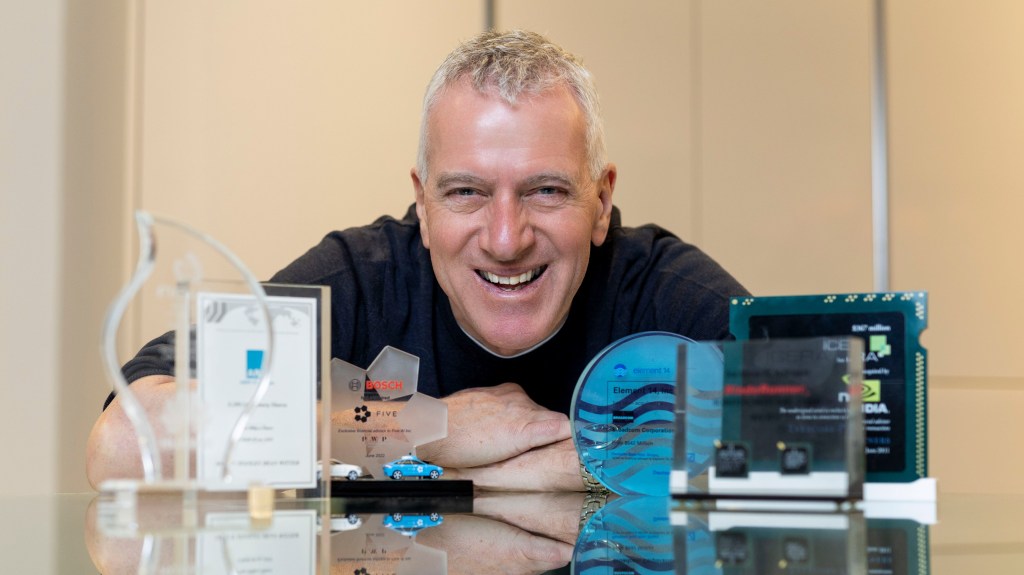


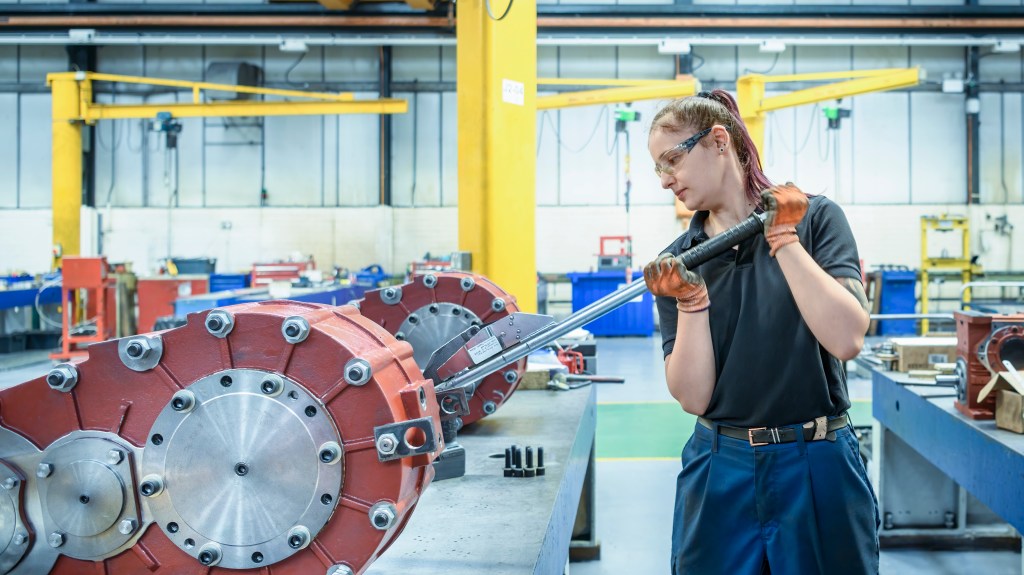
Post Comment